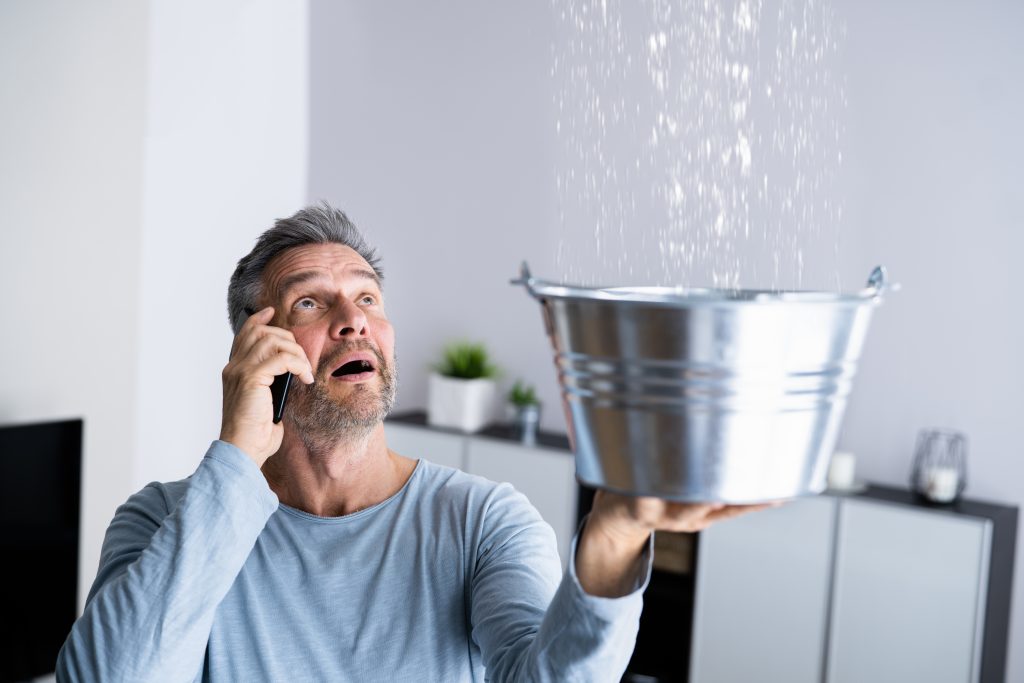
Is Water Damage Covered by Insurance?
The Cost of Water Damage Claims
Water damage is the second most frequently filed insurance claim, costing the insurance industry over $5 billion annually. The average water damage claim exceeds $5,500, according to the Insurance Information Institute. Helping insured clients prevent or minimize water damage losses is a valuable service offered by professional insurance agents.
Is Water Damage Covered by Insurance?
Whether water damage is covered depends on the policy language and the specifics of the loss. Standard insurance policies typically do not cover losses from floods or water backing up from sewers or drains, though additional coverage can be purchased. Property occupancy also plays a role. For example, damage from freezing pipes may be excluded if the property has been vacant or unoccupied for more than 30 consecutive days.
Common Causes of Water Damage
Leaking toilets are the most common cause of water damage, but other appliances can also lead to costly issues. Undetected leaks from appliances, hoses, or plumbing can cause tens of thousands of dollars in damage to furniture, flooring, and personal property each year. To prevent such problems, homeowners should:
- Check all hoses, including those for ice makers, and replace them every 5–7 years.
- Inspect caulking around sinks and showers regularly.
- Look for small leaks in pipes to catch issues early.
Preventing Water Damage
There are several proactive measures homeowners can take to prevent water damage:
- Install backwater valves to prevent sewer and water backups.
- Use automatic water shut-off valves that detect leaks and shut off the water supply automatically.
- In winter, shut off the water supply and drain pipes in areas exposed to cold, such as secondary residences, outdoor faucets, and irrigation systems, to avoid frozen or burst pipes.
What to Do When Water Damage Occurs
If a leak or water damage occurs, immediate action is essential to minimize loss:
- Shut off the water supply immediately to prevent further damage.
- Know the location of the water shut-off valve in your home or business.
- Turn off electricity and gas if necessary to ensure safety.
- Remove standing water as quickly as possible, using equipment rated for water removal (check shop vac labels).
- Use fans or space heaters to dry out the area and prevent mold growth.
- For wet carpets, consult professionals to prevent shrinkage and additional damage.
- Professional restoration services can help salvage wet personal property, books, and important documents.
The Risk of Mold After Water Damage
Even if water damage is covered by insurance, mold damage may not be. In recent years, the number and cost of mold-related claims have surged, leading many policies to include mold exclusions. Some policies offer limited mold coverage, but it’s crucial to act fast since mold can start growing within 24–48 hours. Mold can significantly affect property value and make it harder to sell.
Hidden Costs: Wasted Water
Beyond property damage, water leaks can lead to unexpected costs due to wasted water. A leaking pipe or toilet can waste up to 300 gallons of water per day, contributing to higher utility bills and environmental impact.
The Role of Insurance Professionals
Understanding the sources of water damage and educating insured clients on prevention strategies is the mark of a true insurance professional. By offering expert advice on water damage prevention, insurance agents can provide added value while helping clients reduce their risk of costly claims.
This article was previously published in the Insurance Advocate. This article is for educational and discussion purposes only and it is not insurance or legal advice and should not be relied upon when making insurance or legal decisions. Nothing herein shall be construed to constitute a legal or underwriting opinion. Nothing herein shall be construed as offering any political, social, or public policy opinion by the author or MSO. Neither the author nor MSO are responsible for errors in, or the accuracy or currentness of, the article.








